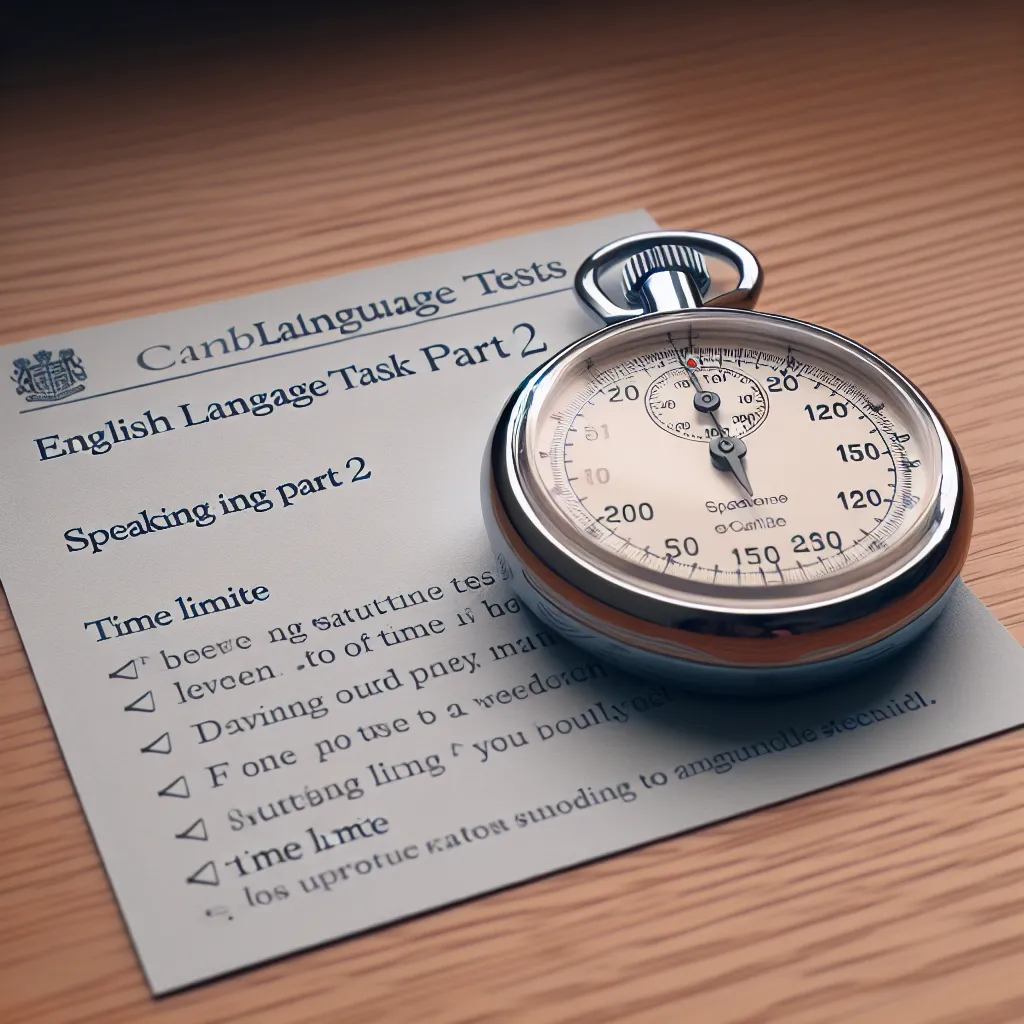Are you preparing for the Cambridge English exams and feeling overwhelmed by the Writing Task 2 argument essays? Don’t worry! As an experienced Cambridge examiner and content creator, I’m here to share the best strategies to help you excel in this challenging task. In this comprehensive guide, we’ll explore effective techniques, common pitfalls to avoid, and expert tips to boost your performance in Cambridge Writing Task 2 argument essays.
Understanding Cambridge Writing Task 2 Argument Essays
Cambridge Writing Task 2 argument essays are a crucial component of various Cambridge English exams, including C1 Advanced (CAE) and C2 Proficiency (CPE). These essays require candidates to present a well-structured argument on a given topic, demonstrating their ability to analyze, evaluate, and express complex ideas in English.
 Cambridge Writing Task 2 Argument Essay
Cambridge Writing Task 2 Argument Essay
Key Features of Cambridge Writing Task 2 Argument Essays
- Word count: Typically 220-260 words
- Time allocation: About 40 minutes
- Purpose: To present a clear, coherent argument on a specific topic
- Assessment criteria: Content, Communicative Achievement, Organization, and Language
Essential Strategies for Success
1. Analyze the Question Carefully
The first and most crucial step is to thoroughly understand the essay question. Here’s how:
- Identify the topic and specific aspects to address
- Underline key words and instructions
- Determine the type of argument required (e.g., agree/disagree, discuss both sides)
2. Plan Your Essay Structure
A well-organized essay is key to scoring high marks. Follow this structure:
- Introduction: Present the topic and your main argument
- Body paragraph 1: First supporting point with examples
- Body paragraph 2: Second supporting point with examples
- (Optional) Body paragraph 3: Counter-argument and rebuttal
- Conclusion: Summarize your argument and restate your position
3. Develop a Strong Thesis Statement
Your thesis statement is the backbone of your essay. Make sure it:
- Clearly states your position on the topic
- Is specific and debatable
- Appears in your introduction
Example: “While social media has revolutionized communication, its negative impact on mental health and privacy outweighs its benefits.”
4. Use Advanced Language and Structures
To impress the examiners, incorporate:
- A range of complex grammatical structures
- Advanced vocabulary relevant to the topic
- Appropriate linking words and phrases
Example: “Despite the undeniable advantages of social media, its detrimental effects on mental well-being and personal privacy are far-reaching and cannot be overlooked.”
5. Provide Relevant Examples and Evidence
Support your arguments with:
- Real-life examples
- Statistics or research findings
- Expert opinions
Example: “A 2021 study by the University of Oxford found that excessive social media use is linked to a 70% increase in depressive symptoms among young adults.”
 Argument Essay Examples
Argument Essay Examples
6. Address Counter-Arguments
Demonstrating your ability to consider different perspectives will strengthen your essay. To do this effectively:
- Acknowledge opposing viewpoints
- Explain why your argument is more convincing
- Use phrases like “While some may argue that…”, “Although it is true that…”
7. Write a Compelling Conclusion
End your essay strongly by:
- Restating your main argument
- Summarizing your key points
- Providing a final thought or call to action
Example: “In conclusion, while social media has undoubtedly transformed our communication landscape, its negative consequences on mental health and privacy far outweigh its advantages. It is crucial for individuals and society as a whole to reassess our relationship with these platforms and implement stricter regulations to protect users.”
Common Pitfalls to Avoid
- Straying off-topic or not fully addressing the question
- Writing too much or too little (stick to the word limit!)
- Using informal language or contractions
- Neglecting to proofread for spelling and grammar errors
- Failing to provide concrete examples to support your arguments
Practice and Improvement Techniques
To enhance your skills in Cambridge Writing Task 2 argument essays:
- Read sample essays and analyze their structure and language
- Practice writing essays under timed conditions
- Ask a teacher or language exchange partner for feedback
- Study topic-specific vocabulary and keep a word bank
- Regularly read high-quality articles on current affairs to broaden your knowledge
Next Steps
Now that you’re armed with these strategies, it’s time to put them into practice. Start by choosing a sample Cambridge Writing Task 2 argument essay question and apply the techniques we’ve discussed. Remember, consistent practice and self-reflection are key to improving your essay writing skills.
By following these Best Strategies For Cambridge Writing Task 2 Argument Essays, you’ll be well-equipped to tackle this challenging part of the exam with confidence. Keep practicing, stay focused, and watch your writing skills soar. Good luck with your Cambridge exam preparation!
[internal_links]
- Top 10 Common Mistakes in Cambridge Writing Exams and How to Avoid Them
- Essential Vocabulary for Cambridge Writing Task 2: Boost Your Score
- Time Management Tips for Cambridge Exam Writing Tasks
- How to Improve Your Grammar for Cambridge Writing Essays
[/internal_links]




